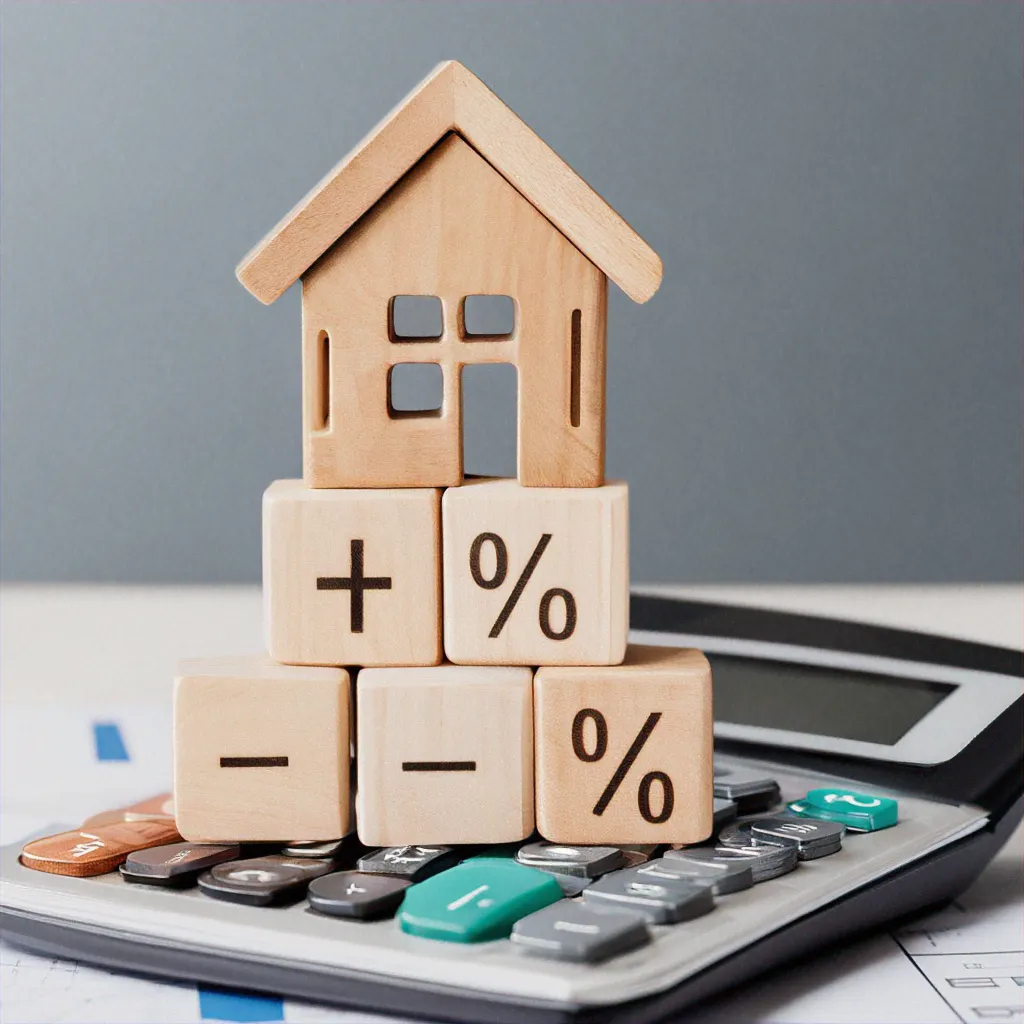TLDR
-
A lower interest rate, combined with changes in mortgage rules, could open the door to more home buyers.
-
A First Home Savings Account (FHSA) is designed to help first-time home buyers save up for their first home, tax-free.
-
FHSA investments, combined with favourable market conditions, could help you save for your down payment faster.
Lower rates make homeownership affordable for first-time home buyers
It’s no secret that many first-time home buyers in Canada have felt shut out of the housing market for some time. But recent interest rate cuts and changes in mortgage rules have opened the door a little wider. Here’s a quick recap of how these changes could make homes more affordable for new buyers:
30-year amortizations on insured mortgages
This change, now available to all first-time home buyers, increases the mortgage term from 25 to 30 years, lowering the monthly mortgage payment amount.
Reduced down payment for homes up to $1.5 million
This change makes it easier for buyers to enter high-priced markets by allowing lower down payments on higher-priced homes.
Reduced interest rates
As the Bank of Canada’s overnight rate dips, fixed and variable mortgage rates have also fallen, lowering borrowing costs for buyers.
Getting serious about saving? How a First Home Savings Account can help
What is a First Home Savings Account?
A First Home Savings Account (FHSA) is a registered plan designed to help first-time home buyers invest towards their first home. Contributions to the plan are tax deductible, while investment income earned within the plan is generally tax-free, which can help lower your tax bill. Plus, withdrawals made to purchase a first home are not taxable. The tax-efficient nature of the FHSA helps first-time home buyers maximize their buying power.
FHSA holders can contribute up to $8,000 per year over 15 years, up to a lifetime contribution limit of $40,000 towards their first down payment.
Who can open an FHSA?
A First Home Savings Account is available to Canadians at least 18 years of age (and no less than the age of majority in the province where you live). You must also be a resident of Canada and have a valid Social Insurance Number.
And as the name suggests, you also need to be a first-time home buyer. This means neither you nor your spouse or common-law partner can have owned a home (that you lived in) during the year you open the account or any of the previous four years.
How to open an FHSA
Many banks, credit unions, investment firms, and online brokerages in Canada offer FHSAs. With RBC, you can open an FHSA online through RBC Direct Investing or RBC InvestEase1. You’ll be asked to provide your ID, Social Insurance Number and other details about yourself to open the account.
Investing in an FHSA
The First Home Savings Account (FHSA) is a type of registered plan that allows you to hold various investments, similar to a Tax-Free Savings Account (TFSA) or Registered Retirement Savings Plan (RRSP). You can invest in:
-
Stocks
-
Bonds
-
ETFs
-
Mutual funds
-
Options
-
Select GICs
Eligibility
To open an FHSA account, you must:
-
Be a Canadian resident
-
Be a first-time home buyer
-
Be at least 18 years of age
You have up to 15 years from the time of opening your account, or until you turn 71, to use your funds towards your first home. You can start investing in your FHSA as soon as you open it, with no minimum amount required. The earlier you start, the more time your investments get to grow through compounding interest.
Withdrawing from an FHSA
If you don’t use your FHSA investment to buy a home, you can transfer your assets to an RRSP without tax implications or affecting your RRSP contribution room.
Down Payment Rules
The down payment rules for homes are as follows:
-
For homes worth $500,000 or less, you need a minimum down payment of 5% of the home purchase price.
-
For homes worth $500,000 to $1.5 million, you need to pay 5% on the first $500,000, plus 10% on the portion between $500,000 and $1.5 million.
-
For homes worth $1.5 million or more, you need to pay 20% of the home purchase price.
With an FHSA, you can save up to $40,000 tax-free over time to fund your down payment. Remember, the minimum down payment required is based on the property’s value, not the account itself.
Ready to buy a home? Withdraw FHSA funds anytime.
You can withdraw from funds at any time. For your withdrawal to be tax-free, there are some criteria to meet:
-
Be a first-time home buyer: You (and your spouse/partner) haven’t owned a home (where you lived) during the year you withdraw or the previous four calendar years.
-
Have a written agreement: You need a signed agreement to buy or build your first home in Canada by October 1 of the year following the withdrawal.
-
Intend to move in within a year: The home must be your principal residence.
-
Be a resident of Canada: Throughout the period from the withdrawal to the acquisition of the house.
-
Boost your down payment: You can also combine your FHSA and Home Buyers Plan to use up to $60,000 from your RRSP tax-free for your down payment.
Open an FHSA with RBC today
Consider speaking with an RBC Financial Advisor to understand the current interest environment and mortgage strategies that match your goals and timeline.
This article is intended as general information only and is not to be relied upon as constituting legal, financial or other professional advice. A professional advisor should be consulted regarding your specific situation. Information presented is believed to be factual and up-to-date but we do not guarantee its accuracy and it should not be regarded as a complete analysis of the subjects discussed. All expressions of opinion reflect the judgment of the authors as of the date of publication and are subject to change. No endorsement of any third parties or their advice, opinions, information, products or services is expressly given or implied by Royal Bank of Canada or any of its affiliates.






